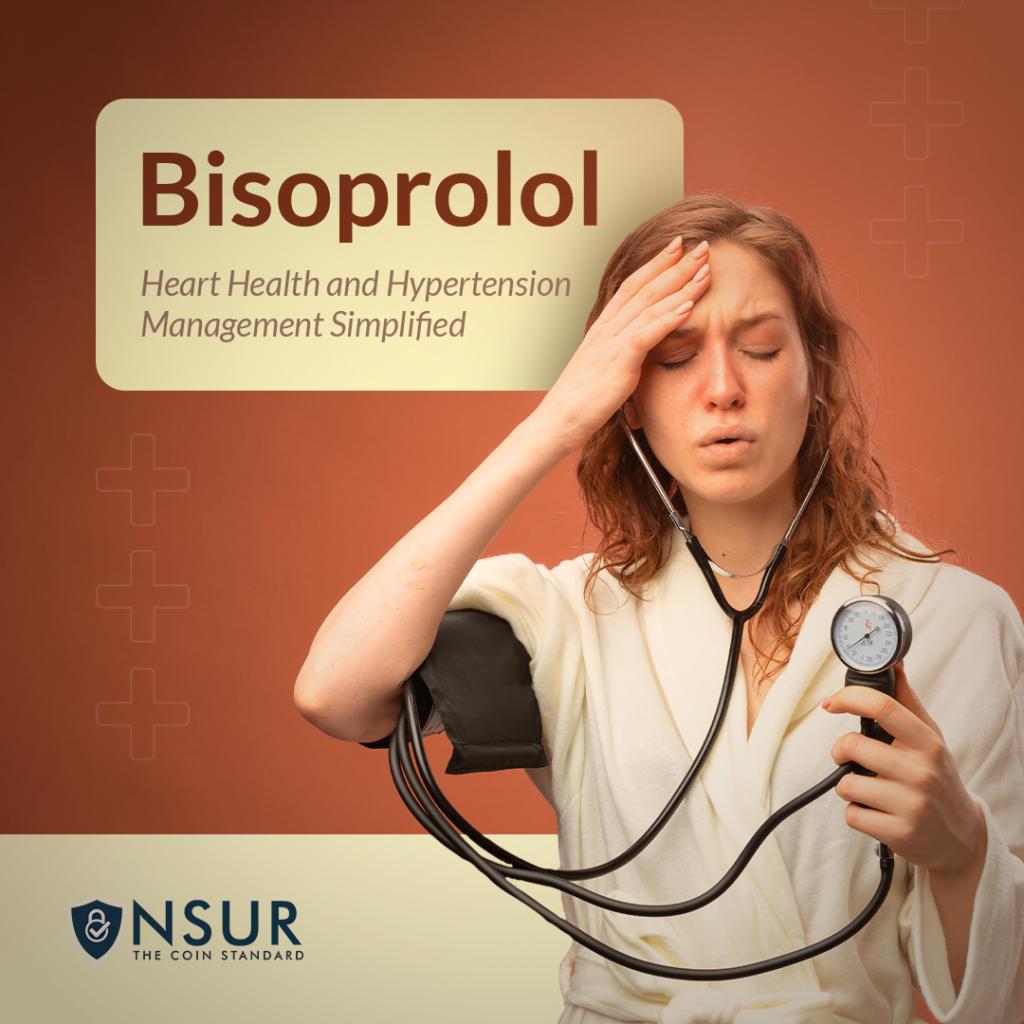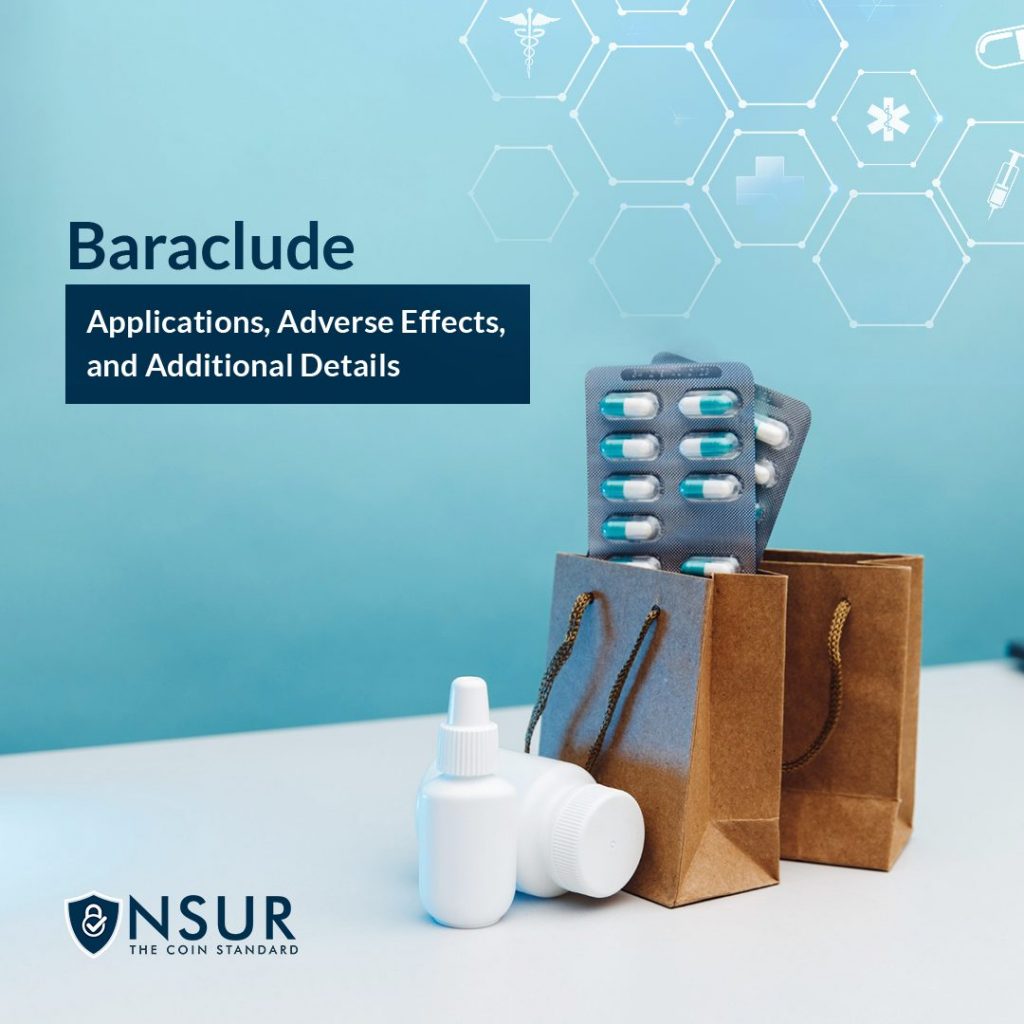
In the realm of cardiovascular health, managing hypertension (high blood pressure) is a cornerstone for preventing heart disease and strokes. Among the plethora of medications available, Bisoprolol stands out as a preferred option for many healthcare professionals and patients alike. This beta-blocker is not just another medication; it’s a beacon of hope for those seeking to simplify their heart health and hypertension management. Let’s delve into what makes Bisoprolol a go-to choice for many.
Understanding Bisoprolol
Bisoprolol is classified as a beta-blocker, a type of medication that works by blocking the effects of adrenaline on your body’s beta receptors. This action helps to lower heart rate, blood pressure, and strain on the heart. By doing so, Bisoprolol aids in preventing heart attacks, strokes, and kidney problems, making it an invaluable tool in the management of hypertension and heart conditions.
Benefits of Bisoprolol for Heart Health
The advantages of Bisoprolol extend beyond its primary function of lowering blood pressure. It’s particularly beneficial for patients with heart failure, as it can improve heart function and reduce the likelihood of exacerbation. Moreover, Bisoprolol’s ability to control heart rate makes it an excellent choice for those with arrhythmias or post-myocardial infarction, as it helps in stabilizing the heart’s rhythm and reducing the risk of further heart-related complications.
Side Effects and Considerations
Like any medication, Bisoprolol may have side effects, though they are generally mild and manageable for most people. Common side effects include fatigue, dizziness, and cold hands or feet. It’s crucial to discuss these potential side effects with your healthcare provider to ensure that Bisoprolol is the right medication for you, particularly if you have asthma or other respiratory conditions, as beta-blockers can sometimes exacerbate these issues.
Dosage and Administration
Bisoprolol’s effectiveness is significantly influenced by the correct dosage and administration. It’s typically prescribed as a once-daily medication, which contributes to its convenience and compliance among patients. However, the exact dose will depend on the individual’s condition and response to the medication. Regular follow-ups with your healthcare provider are essential to ensure that the dosage is optimal and to make any necessary adjustments.
Lifestyle Modifications: A Complementary Approach
While Bisoprolol can significantly aid in managing hypertension and improving heart health, it’s most effective when combined with lifestyle modifications. A heart-healthy diet, regular physical activity, quitting smoking, and reducing alcohol intake can all enhance the benefits of Bisoprolol. Together, these changes can lead to a more substantial improvement in cardiovascular health and overall well-being.
Take advantage of NSURx for your prescription drugs!
With the NSURx Prescription Benefit Card, you can save money on your medications at more than 35,000 pharmacies across the United States.
You can save up to 80% on your medication by using an NSURx card. Hundreds of dollars in savings could be yours every time you fill out your prescription.
The more you shop with NSURx, the more NSUR Coins you will receive as a reward.
Conclusion
Bisoprolol is more than just a medication; it’s a key component of a comprehensive approach to managing hypertension and protecting heart health. Its benefits, from lowering blood pressure to improving heart function, make it a staple in the treatment of various heart conditions. However, it’s important to remember that Bisoprolol is most effective when used as part of a broader strategy that includes lifestyle changes. By combining Bisoprolol with a healthy lifestyle, individuals can significantly improve their quality of life and reduce the risk of heart disease.
Disclaimer
This blog post is intended for informational purposes only and should not be considered a substitute for professional medical advice. Always consult with a qualified healthcare provider for personalized recommendations and guidance.











